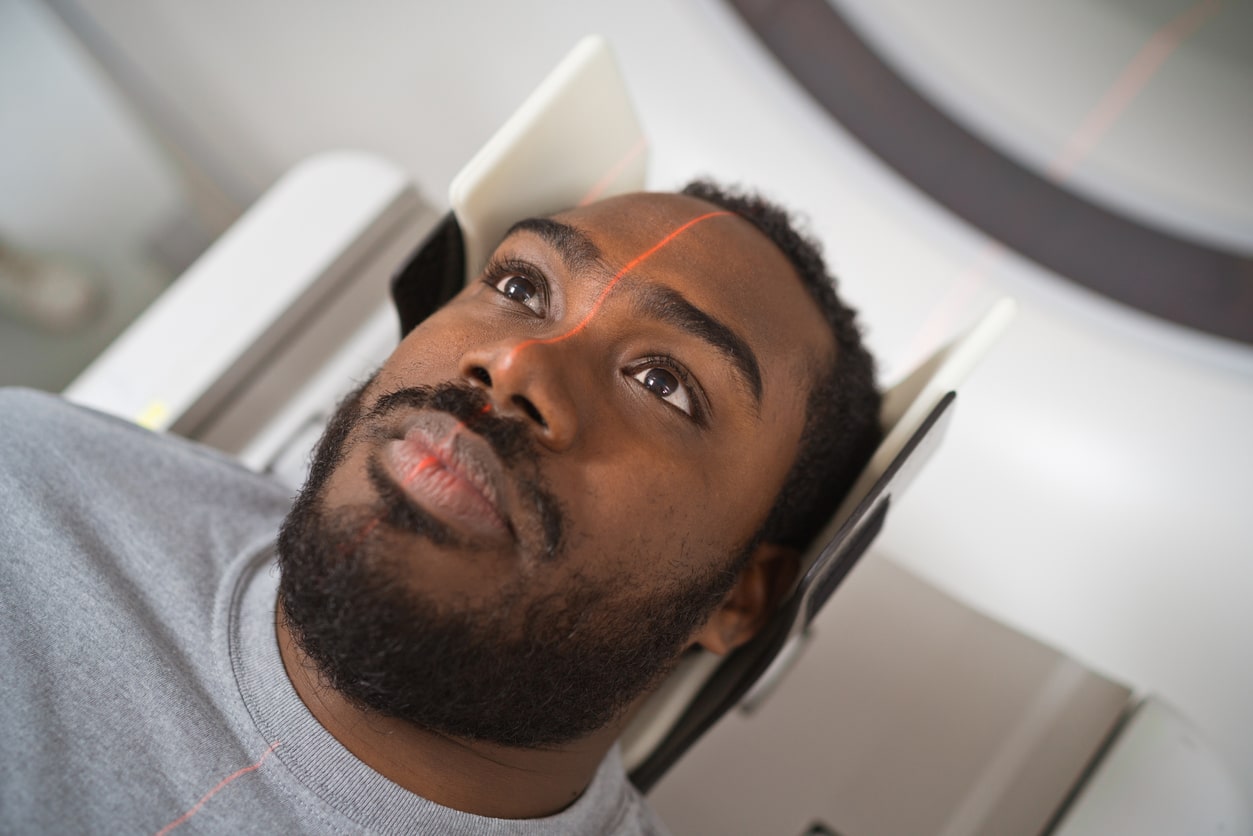Acoustic neuromas, also called vestibular schwannomas, are noncancerous, slow-growing tumors in the ear. Arising when Schwann cells wrap around the vestibular nerve, acoustic neuromas are rarely dangerous but may have adverse side effects.
Identifying Acoustic Neuromas and Their Symptoms

Many acoustic neuromas do not grow or grow very slowly, but when they push on the surrounding structures of the ear, they may compress nerves responsible for facial and eye movement, swallowing and speaking.
Nongrowing acoustic neuromas wrapped around the vestibular nerve, the nerve responsible for many hearing and balance functions, may result in worsening hearing loss. A couple of common acoustic neuroma symptoms to watch out for include but are not limited to:
- One-sided hearing loss. More than 90% of patients with acoustic neuromas have hearing loss in one ear.
- Ear fullness. The feeling that your ears are plugged up or full, as if there is great pressure or water in them, is common with acoustic neuromas.
- Tinnitus. Tinnitus is a ringing, buzzing, roaring or clicking in the ear that cannot be heard externally. Tinnitus may occur by itself or alongside unilateral hearing loss.
- Balance issues or vertigo. Because acoustic neuromas sit on the vestibular nerve, balance issues are common.
Acoustic neuroma diagnosis may be accomplished through a hearing test and an imaging scan of the head (MRI).
Treating Acoustic Neuromas
Your treatment options will vary based on the acoustic neuroma’s growth, position, size and side effects. Common options include:
- Removal surgery. Although hearing preservation is not guaranteed, surgery to remove the tumor is often effective in stopping neuroma-induced hearing loss from progressing.
- Stereotactic radiosurgery. Radiation therapy aims to deliver targeted radiation to the tumor to stop its growth. Radiation is not usually recommended for young patients or those whose tumors have grown too large.
- Observation. Observation is a waiting and watching method used to determine the tumor’s projected growth and side effect path. Doctors recommend observation when a patient has few or no side effects or is not a good candidate for surgery or radiation.
If your acoustic neuroma has caused hearing loss, your provider may recommend hearing aids. Hearing aids are remarkable devices that can compensate for the loss by amplifying speech sounds for clearer communication. With your new devices, you can talk with your friends or order your favorite fall latte at the Palace Coffee Company.
For more information on treating an acoustic neuroma or its side effects, contact Amarillo Hearing Clinic today to make an appointment with one of our trusted specialists.
